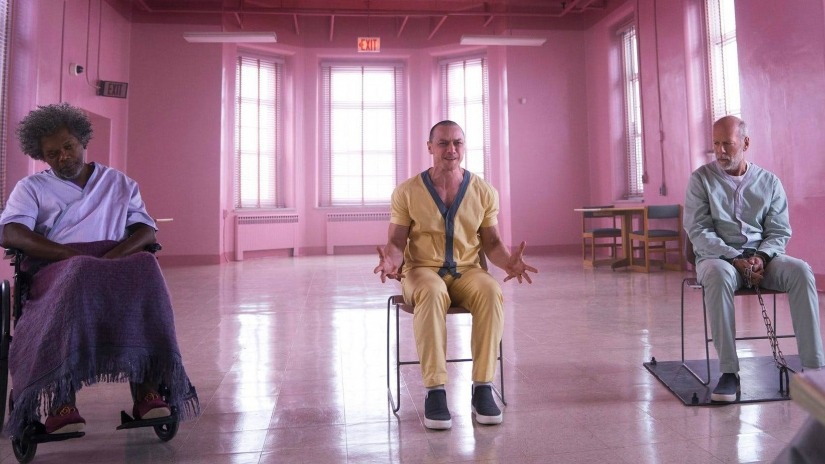We all love a comeback story. And there have been few more interesting cases in film than with writer/director M. Night Shyamalan. After exploding onto the scene with The Sixth Sense, which earned him Best Director and Best Screenplay nominations at the Oscars, and having respectable, well-reviewed successes like Signs and Unbreakable, his name was quickly tarnished. After being hailed as “The Next Spielberg” by Newsweek Magazine, critical flops like Lady in the Water and The Happening put a dent in his name. However, it wasn’t until his adaptation of Nickelodeon’s much-loved series The Last Airbender when his name became cemented in infamy. It was a massive failure, to say the least, and critics and fans alike consider it to be one of the worst films ever made. He then made another subsequent flop with the Will/Jayden Smith vehicle After Earth. From then on, despite his horror mockumentary The Visit not being as hated as his previous ventures, his name still lived as the butt of the joke.
Why is this important in my review for Glass? Why do his previous successes/failures matter? Because we all love a comeback story. Shyamalan burst back onto the scene with the critical/financial mega-hit Split, which was revealed to be quasi-sequel to his cult-favourite film Unbreakable, and both films would receive their sequel in one big film; Glass. A film that was the culmination of two of his most loved works, a sort of magnum opus if you will. Everything was there: the hype, the much-loved predecessor, a seemingly rejuvenated filmmaker and it was the film that should’ve cemented Shyamalan as a filmmaker who has truly come back. Unfortunately, it’s a complete mess of a film, but one with a true, sincere, auteur’s heart in its centre.
Following nearly two decades after Unbreakable and shortly after the events of Split, Glass starts with Bruce Willis’ David Dunn, who now has fully embraced his superpowers and acts as a secret vigilante referred to by the public as “The Overseer”, in his current mission to take down Kevin (James McAvoy) who has twenty-three different personalities, collectively referred to as “The Horde”. After successfully catching Kevin, David is also captured by authorities and sent to a mental hospital where Dr Ellie Staple (Sarah Paulson), a psychiatrist specialising in those who believe they have superpowers, tries to treat them both, along with David’s old ally/criminal mastermind Elijah Price (Samuel L. Jackson), who begins to manipulate Kevin into breaking them out.
The film’s beginning is quite evidently the strongest, most well-rounded part of the film, but it quickly divulges into an overstuffing of ideas and plot threads that wrap up in very ridiculous ways or don’t really go anywhere. And the final act of the film truly ends up being unintentionally ludicrous.
But this is a film I really wish was better, Shyamalan obviously cares deeply about these characters that he’s lived with for years and the constant notion of feeling alone and misunderstood by society feels sincere throughout. The central performances also hold up very well, elevating some of the ludicrousness of the script and Mike Gioulakis’ cinematography ties what could’ve easily been an overly in-your-face colour palette tastefully.
Glass may be a big mess and it might not complete Shyamalan’s comeback narrative the way many had hoped, but the true Shyamalan, for better or for worse, has never been one to be typical. He is back, warts and all. And I’m glad he is.
Words by Jacob Brinkworth

